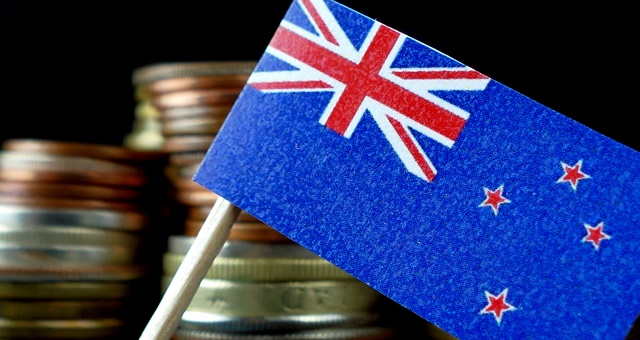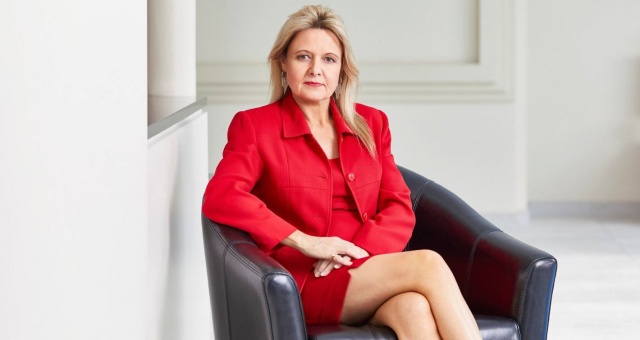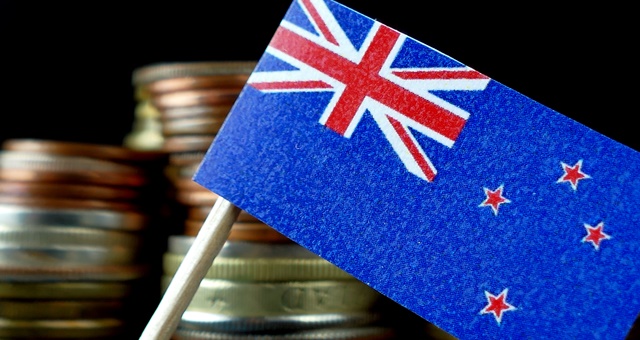
A draft report from the New Zealand Productivity Commission has suggested support could be given towards the implementation of a “bed tax” which will help local councils fund local infrastructure to keep up with ongoing tourism growth.
Tourism Industry Aotearoa (TIA) has slammed the report, saying it was “ironic” that the proposal coincides with a fall in tourism growth to under two per cent annually.
“While this might seem like an easy solution, it will not succeed in making visitors pay their fair share,” said TIA Chief Executive, Chris Roberts.
The draft report comes soon after the issue of taxes was hotly debated at the recent New Zealand Hotel Industry Conference in Auckland and the formation of the New Zealand Hotel Owners Association to fight any excessive and unfair taxes being imposed on the industry.
According to its submission to the Productivity Commission, TIA said the proposal, if implemented, would see Kiwi travellers paying the highest bed taxes, equating to 60 per cent of all commercial bed nights. Holiday Parks New Zealand – which represents the interests of commercial campgrounds and caravan park sites – said the tax could lead to more travellers ‘freedom camping’ or holidaying in council parks, which it added could even result in greater competition if councils use the bed tax revenue to improve facilities within these parks. Camping grounds presently account for more than one-third of New Zealand’s commercial accommodation capacity and account for more than eight million guest nights annually.

“Last night, for every 100 of our domestic and international visitors, 30 spent the night in commercial accommodation, seven in an Airbnb or holiday house, and almost all the rest enjoyed free accommodation, mainly with friends or relatives,” Roberts added.
“So the Productivity Commission’s solution will fail to reach two-thirds of our visitors, even though they are using the same council facilities as those staying in commercial accommodation. There is nothing fair about that.”
TIA maintained the existing GST system already collects NZ$1.7 billion (AUD$1.62 billion) per year and that 20 per cent of this should be distributed back to fund tourism works by local councils.
“New Zealand doesn’t need new taxes. What we need is to find ways to better share the taxes and charges we already collect.”
In addition to recommending the introduction of a new accommodation levy, the draft report acknowledges that local councils should do more with existing funding mechanisms and increase the ‘user pays’ system to make its infrastructure and facilities more self-sufficient.

